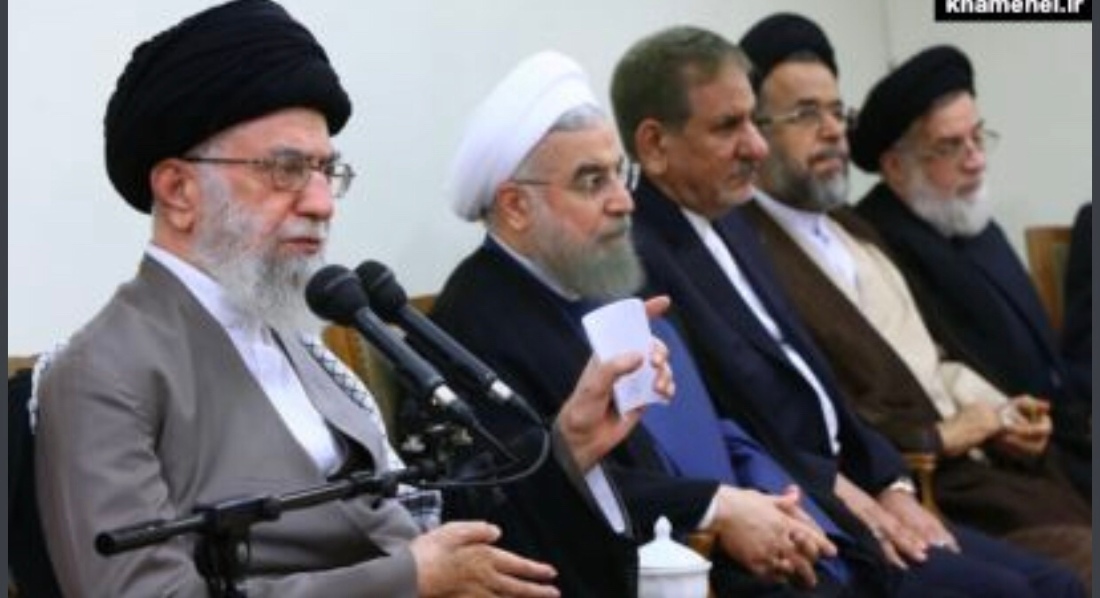 Iran To Withdraw Another One Billion Dollars From Reserve Fund
Iran To Withdraw Another One Billion Dollars From Reserve Fund
Radio Farda
Iran’s vice president announced Monday, May 27 that the government will withdraw another one billion dollars from the National Development Fund (NDF) to create “employment”.
Es’haq Jahangiri reiterated that Supreme Leader Ayatollah Ali Khamenei has approved the decision.
Iran deposits part of its oil income in NDF, to save money for future generations. However, as sanctions have reduced the country’s oil exports and crippled state finances, the government has dipped into the reserve fund to finance urgent needs.
In the past, Khamenei has ordered withdrawals from NDF on several occasions to pay for military expenditures, state broadcasting and other needs.
But recently he refused a request from President Hassan Rouhani to take money from the fund to pay for damages caused by devastating floods in March and April.
The charter of NDF says that part of the oil and gas income is to be saved as capital to produce profits and guarantee the share of future generations from Iran’s fossil fuel resources.
Iran’s current economic development plan prescribes saving 34 percent of oil and gas income, but as new U.S. sanctions hit Iran hard in the past year, Khamenei ordered to reduce that share to 20 percent in the current budget.
However, Iran’s oil exports have been reduced to less than a million barrels per day by U.S. sanctions and its oil export income cut proportionately.

Iranian parliament’s research center has forecast that in the current Iranian calendar year the national reserve fund will not grow, as little money will be added, and some withdrawals will be inevitable.
Iran struggled this year to come up with a budget, parts of which remain opaque. Jahangiri on Monday admitted that U.S. sanctions might lead to more budgetary pressures. Other officials have predicted oil income to be reduced by close to 70 percent.
Iran mainly depends on oil revenues, which constitute 33-40 percent of its publicly disclosed budget. Many believe that some military, security and intelligence needs are financed outside of the official budget. This includes expenditures to support proxy forces, such the Hezbollah and Houthis in Yemen.
In this year’s budget Iran had planned to use $30 billion from fossil fuel export revenues, of which $24 billion was supposed to finance the budget and the rest saved in the NDF. But with dwindling exports, it is doubtful that Iran can earn even the minimum oil income to support its budget.
The United States imposed sanctions on Iran’s oil exports in November but allowed some friendly countries to buy a limited amount for six months, which expired May 1, without renewal.
No comments:
Post a Comment